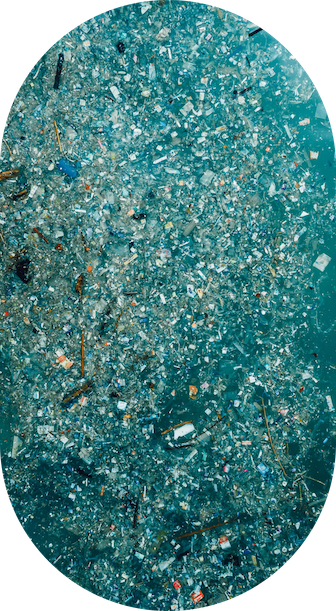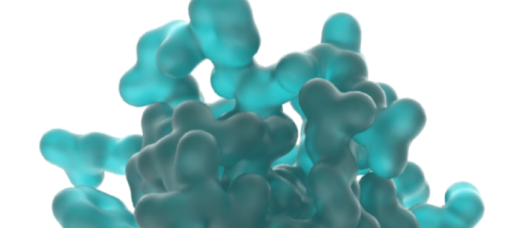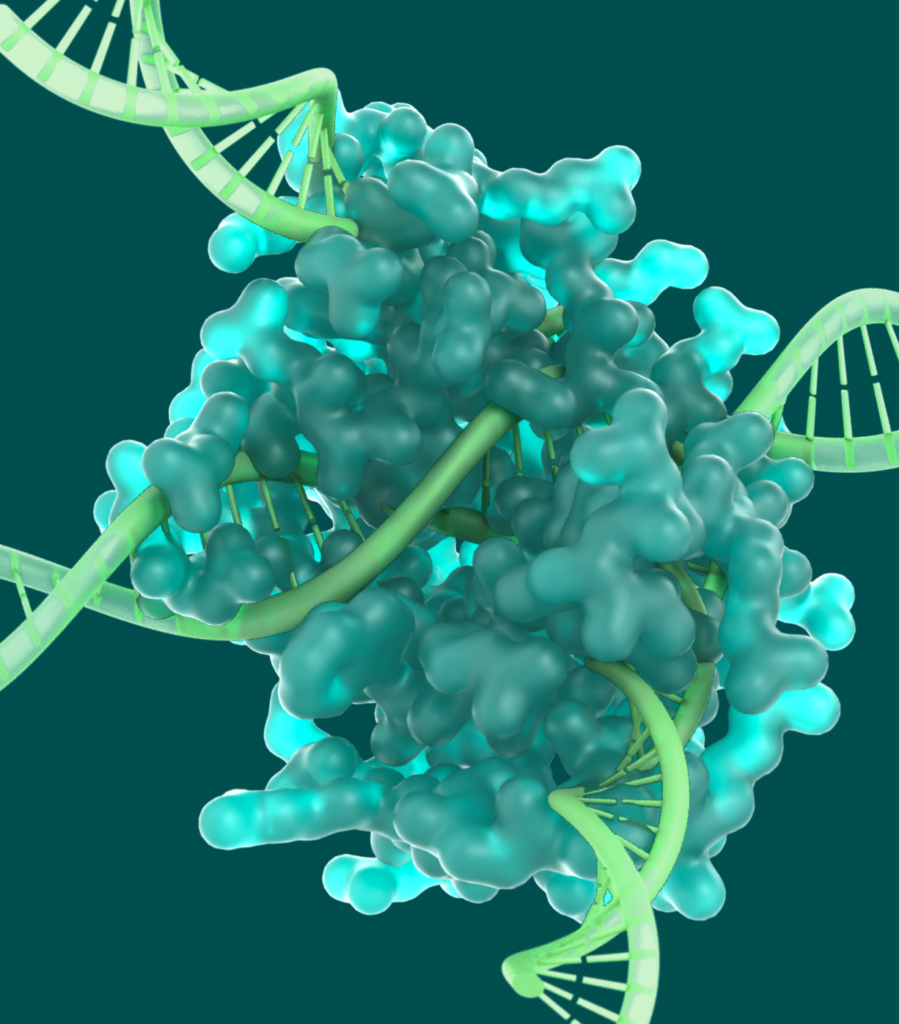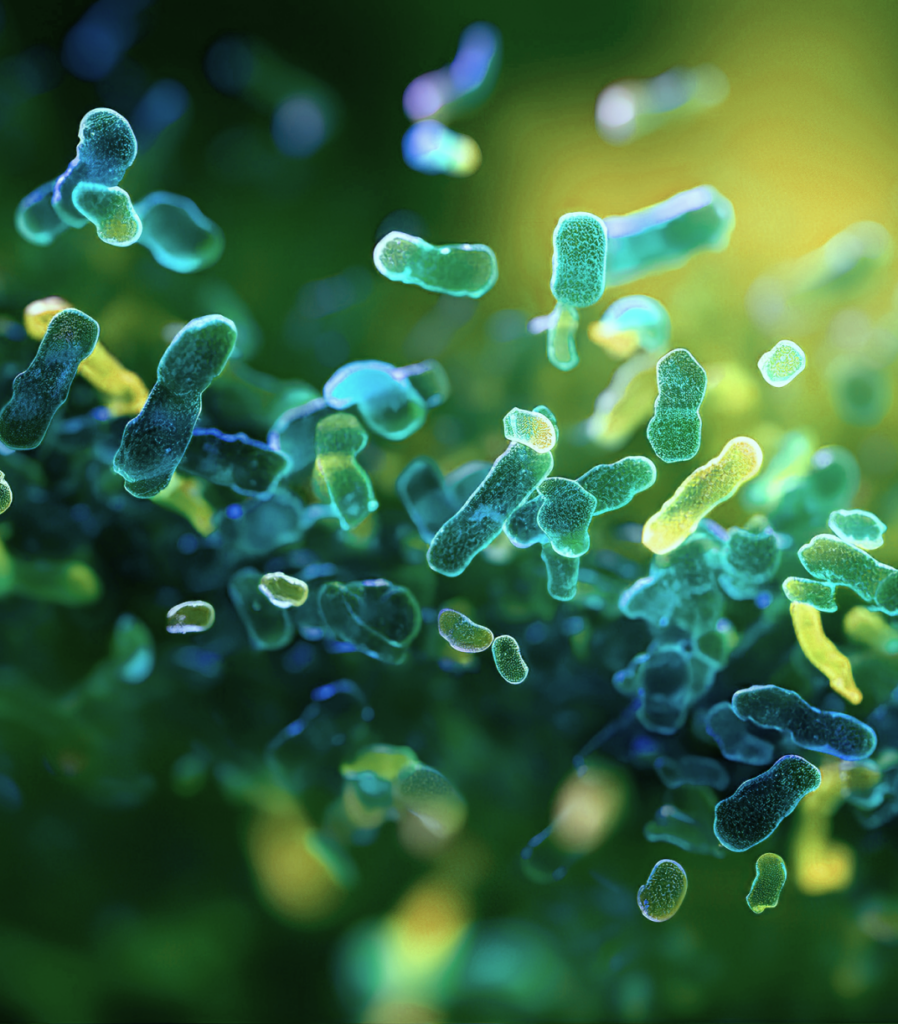CASE STUDY — Materials & Textiles
Building a world beyond plastic.

Overview
Our planet is littered with over 7 billion tons of plastic waste—and growing. Less than 10% of it has been recycled, in part because recycling is a limited solution that requires significant energy and cannot be done everywhere. Enzymes to process plastics are an increasingly promising solution to this global environmental challenge.
Challenge
PETase enzymes are on the rise, but to maximize how widely they can be used, we need to create efficient and highly active enzymes that are stable and can perform at varied temperatures.
Approach

Novel sequences jumpstart discovery
Most PETases come from soil microbiomes, making our bit-GEM database uniquely positioned to find them. Our database contains approximately 35,000 genes related to plastic degradation enzymes, allowing us to increase the number of novel sequences found by 50%. From our novel sequences, after selecting the genes most strongly related to known PET hydrolases, we performed 3D structural modeling to determine the target sites and perform high-throughput screening to identify strong target mutants.

From strong to best-in-class in just 6 months
Using our bit-QED processes, we performed directed evolution in our strongest wild-type PET hydrolase candidate to improve the fidelity of the binding pocket. Our 3D structure analysis identified approximately 20 points to improve, and in just seven rounds over six months, our enzyme showed a 25-fold increase in PET degradation (released monomers).
Result
- 25x improvement in enzyme activity after 7 rounds of directed evolution
- Only 6 months to achieve >25x improvement
- Highly stable enzymes that remain active over the full incubation period
- Active at room temperature, increasing versatility and decreasing cost
- Novel sequence derived from a natural source with increased patentability
- Over 10x improvement compared to random mutagenesis
Relevant Resources
Application Notes
High-quality draft single-cell genome sequences obtained from uncultivated cells from soil using the single-cell sequencing platform bit-MAP®
Publications
Exploring strain diversity of dominant human skin bacterial species using single-cell genome sequencing
Presentations
bitBiome Company Intro Deck
bitBiome is a synbio company powering the bioeconomy with enzyme services and products from our database of over 1.5 billion unique microbial sequences sourced from nature. Download our company intro…
Brochures
bit-MAP® Brochure
Additional case studies

Food & Agriculture Case Study
Our changing world needs amylases that can keep up with the demands of existing industries and support new ones.

Life Science Case Study
CRISPR fundamentally altered our scientific landscape, but to keep doing so, we need a suite of Cas proteins to match its impact.

Drug Biomanufacturing Case Study
A stronger, more diverse toolkit of transaminase enzymes requires going back in evolutionary time through ancestral sequence reconstruction.


